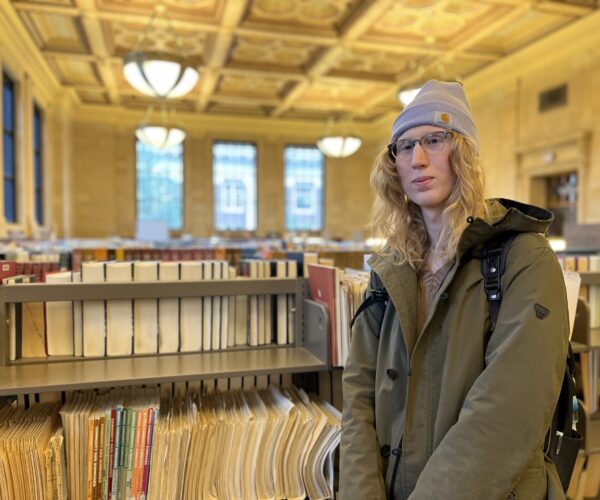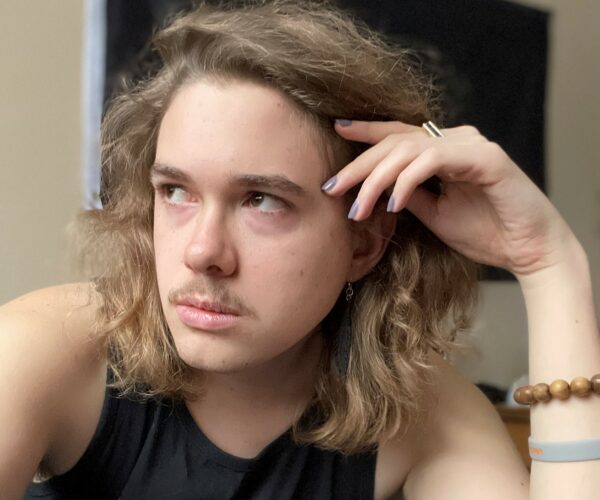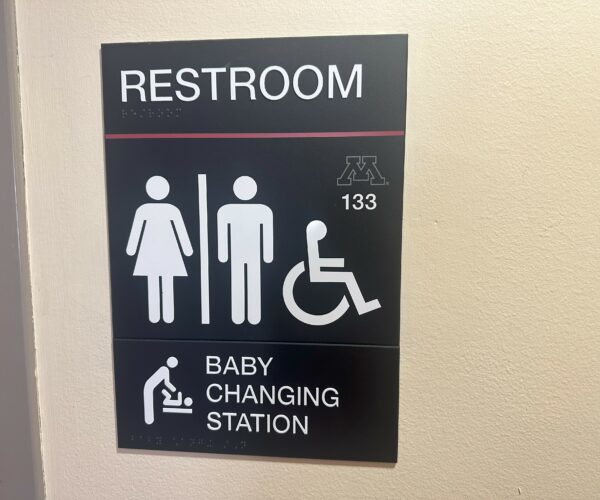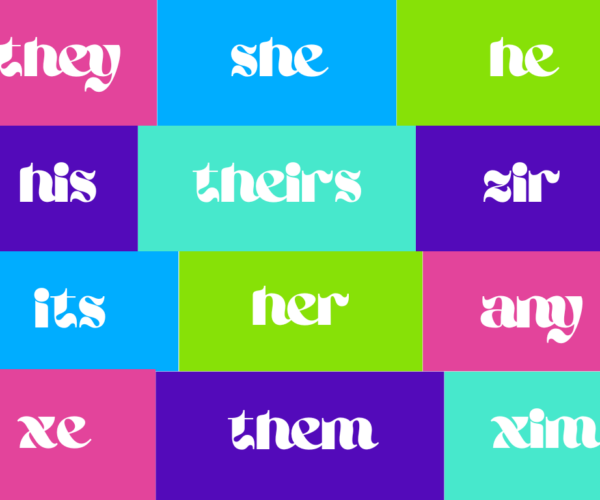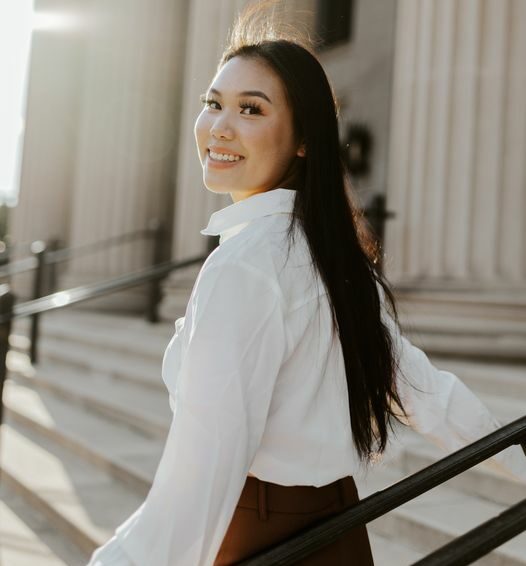By Aarushi Sen
Although Victoria Lee is not a member of the LGBTQ+ community, her colleagues at the Gender and Sexuality Center for Queer and Trans Life (GSC) regard her as a key ally.
Lee traces her advocacy to a strong relationship with her sister, who came out to her as queer a few years ago. Before then, Lee had not thought much about being an ally.
“That really made me more curious on how I can better support her and how I can adjust my ways to make her feel more welcome and safe,” the second-year neuroscience student said.
Her sister’s coming out also caused Lee to care more about LGBTQ+ people as well as the issues that affect them.
“That piqued another interest of how I can also be more open-minded towards friends and other individuals, even if I don’t have a close relationship with them, in the LGBTQ community,” Lee said.
Lee started being more careful about her language, including “conditioning and training” herself to use people’s preferred pronouns. Lee’s sister, who uses she/they pronouns, helped her practice, Lee said.
“I was just so used to calling someone like ‘he’ or ‘she,’ and I didn’t really get used to individuals by ‘they’ if they identify with those pronouns.”
Lee also started educating her friends, family and other people who went to the University about using phrases that are harmful to the LGBTQ+ community after her sister came out.
Last semester, she joined the GSC as the Tongues Untied coordinator. Tongues Untied is a program for queer people of color on campus.
When Lee joined, the program was just starting up again after a two-year hiatus due to COVID-19, J Nyguen, Lee’s coordinator at the GSC, said.
“Things felt really uncertain. And there was this collective sense of burnout,” Nyguen said.
Lee leaned into the difficulties of the transition effort by putting on events where students could socialize after a couple of years mostly in isolation. At one event, students got to make their own T-shirts centering their hobbies and identities. At another, students collaborated with the Hmong Minnesota Student Association (HMSA), where a queer Hmong person led a healing workshop over Zoom.
Lee also introduced monthly themed gift bags in the GSC lounge.
Lee said she got the idea after witnessing other student organizations doing activities related to Valentine’s Day. It made her realize that individuals in the LGBTQ+ community might not be able to participate in Valentine’s Day due to unaccepting families.
“I wanted to share that love, spread that love to those individuals that don’t have that kind of comfort and security,” Lee said.
Lee put Valentine’s Day gift bags with comforting messages in the GSC lounge, and the tradition continued in the following months.
“She brought a lot of creativity and thoughtfulness when it came to making sure spaces were fun and inclusive for all students,” Ngyuen said of Lee.
Lee said witnessing queer advocacy has made her more passionate about the community — and more mindful, given concerns about restriction of LGBTQ+ rights. She said these issues are “always getting swept under the rug.”
“If I’m fighting for all these other groups and all these other ideas, I feel like I should also be equal and fight for the other groups that are not being represented as much,” she said.
